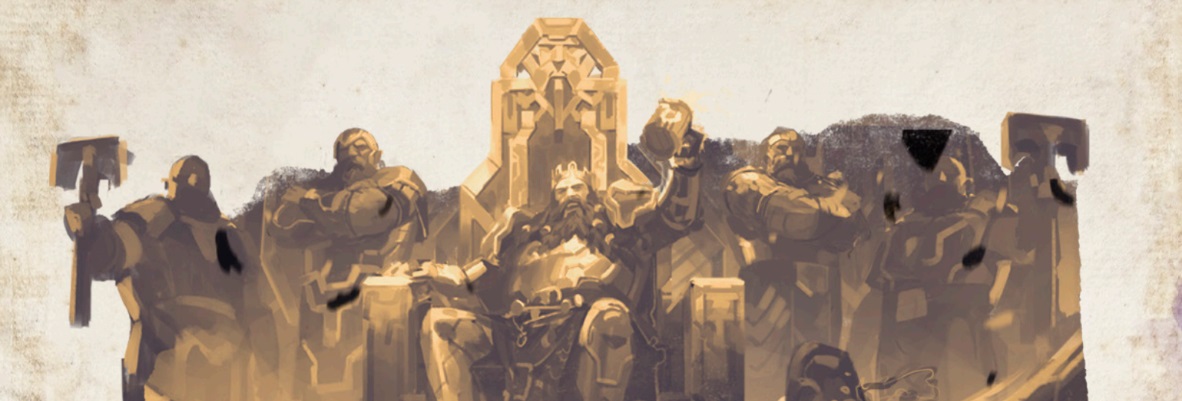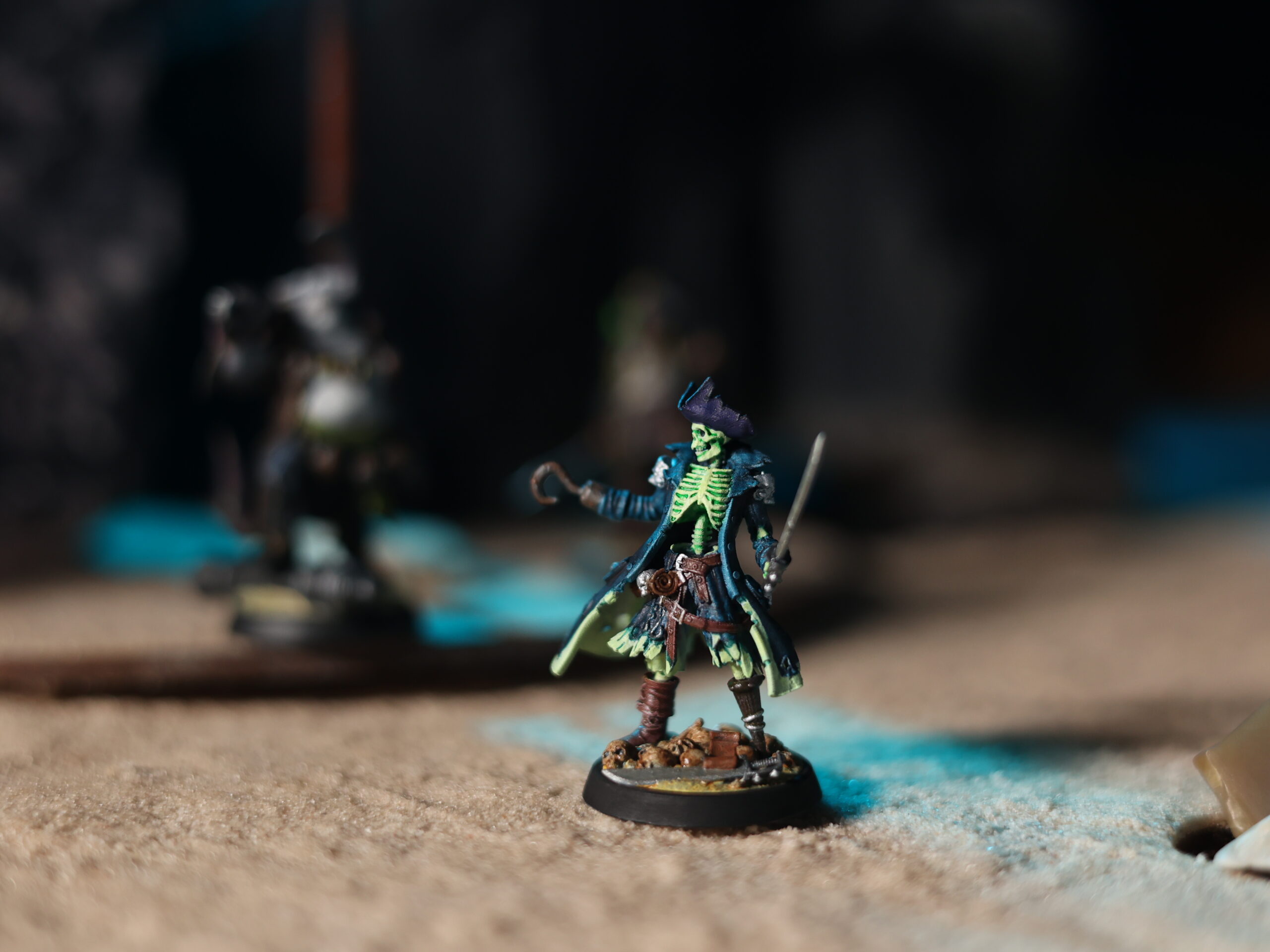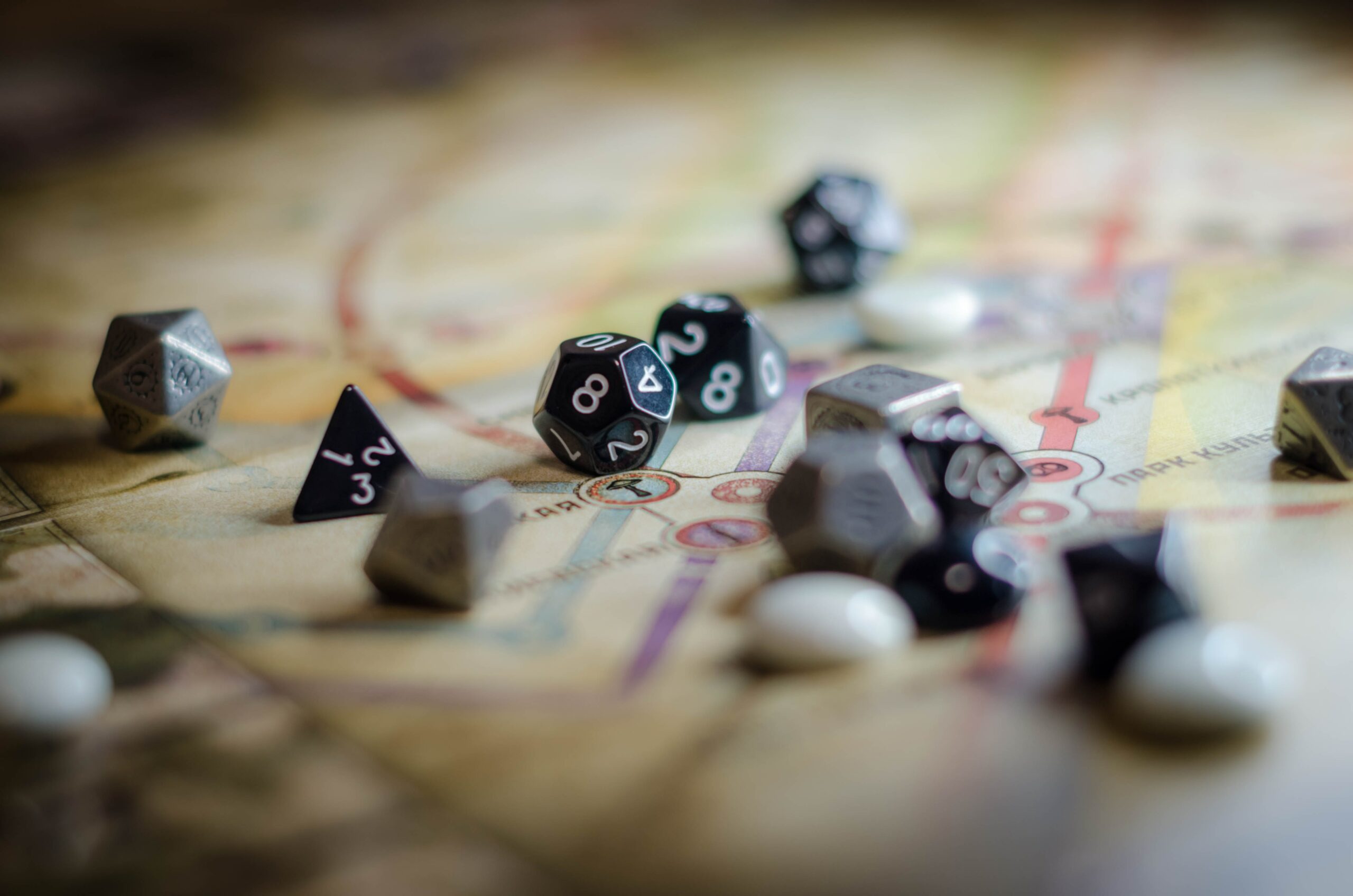Best Classes for Support Characters
Not Everyone Gets to Play Solo Guitar

D&D is still the most popular and played TTRPG around the world. With it’s system of classes and races, it has changed in the last years to be less stereotypical, but it remains close to its origins in many ways. There are some classes that used to be kits in the second edition, some that have changed a lot in concept but, overall, we have been playing with those same classes, give or take, for over a decade. People have played those classes in a lot of alternate and creative ways, but their contribution to most parties remains the same a great part of the time. In this article we will talk about the best classes for support in a traditional D&D party.
Save Lives or Die Trying
Healers are and will always be the thing people think first when the word support comes to mind. Keeping your party alive is a great way to buy more time for them to do what they do best, make sure they can learn from their mistakes, or just enhance their durability. The primary healers in D&D have for a long time been clerics and, sometimes, druids. Those classes, when in support roles, are often human potions for the group. There have been memes about a cleric from a famous online campaign that didn’t heal very much, but its what most parties expect from their holy priests. Druids seem more as the nature elders that will act as secondary healers, but paladins and even bards can help with healing if needed. If you wanna be a reliable healing support whose utility is never underestimated, a cleric is a great choice.

Enhance What You Can, and That’s Not the Tagline of a Spam E-mail
Healing can be the most popular support role but buffing people up is a close second. The bard is very famous for its capacity to increase the success chances with the use of bardic inspiration, but clerics and druids have some concentration spells that can give advantage and/or more bonuses for their targets. Paladins also get some of those spells, but they have access, specially in higher levels, to auras that are always active and can make the difference. A less common class that can, sometimes, act as support is a fighter, specially a battle master. There are several maneuvers that can enhance the chances and maximize the potential of other classes.
Shield Them With Your Own Life
When we talk about tanks, most people will also think it can be translated as “meat shields.” The truth is that a great support choice is to keep your most fragile and/or concentration-dependent colleagues away from damage. Most of the time, that is done by making that damage hit you in the face. Barbarians, fighters, paladins, druids, and even rogues can work in that part, if it seems like a good choice at the time. Taunting the enemies with maneuvers, being a menace they can’t ignore, or plain old yelling and rushing at the enemy damage-doers, all of those strategies have been sucessful in the past. So choose your way, count your hit points and give them the nine hells (or let them give you a bit of purgatory).
Cooperate to Decimate
Choosing your own support style and class is important, but you can’t support anyone if they don’t understand or agree with what you are doing. The best way to be a good support is to keep the communication in and off game flowing. Talk to your wizard, listen to your fighter, and remember your rogue that stealing from the artificer might render them unlikely to give them a healing salve or potion when it’s needed. Now you know how to make your party thrive, how about you give your DM a hand with the world lore and history? It’s only fun if everyone’s laughing.
Loot Studios can help you tell your story. Choose your favorite bundle from our previous releases or sign up for Fantasy or Sci-Fi to receive a new bundle every month. You can also check out some tips at our YouTube Channel.




